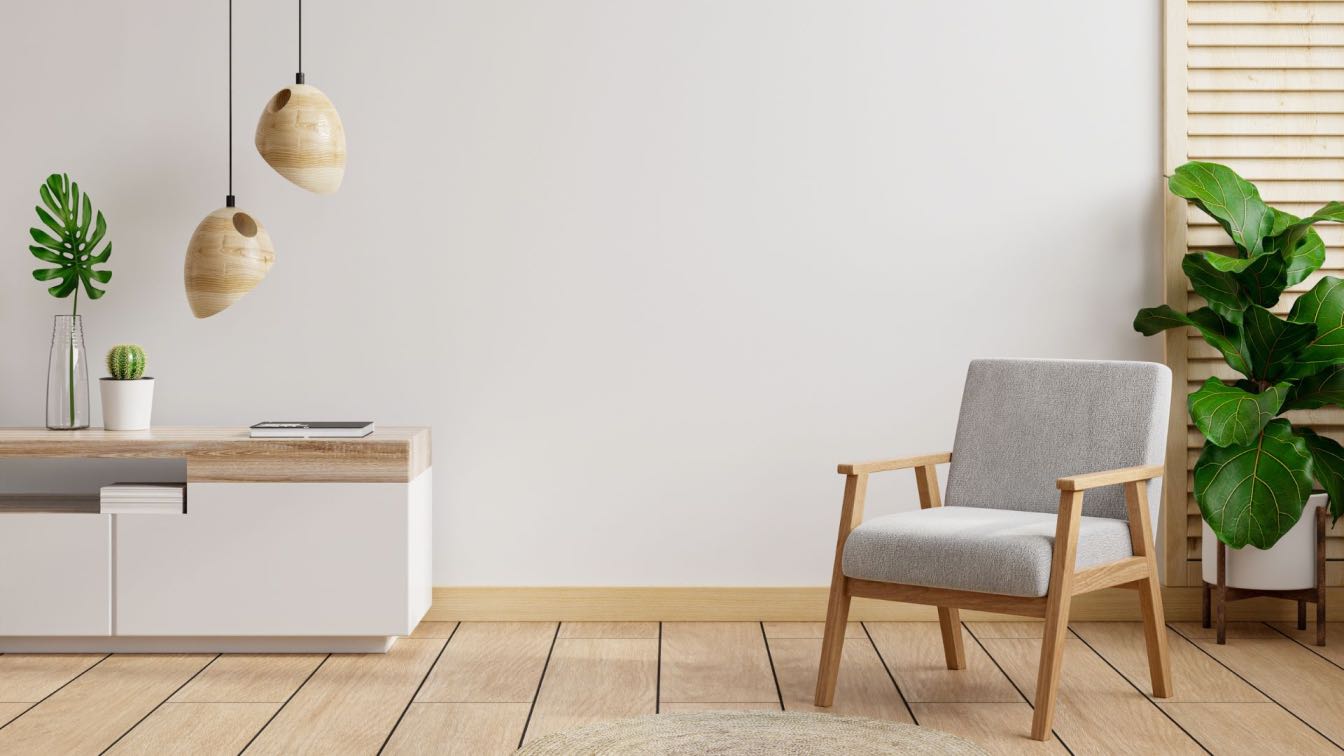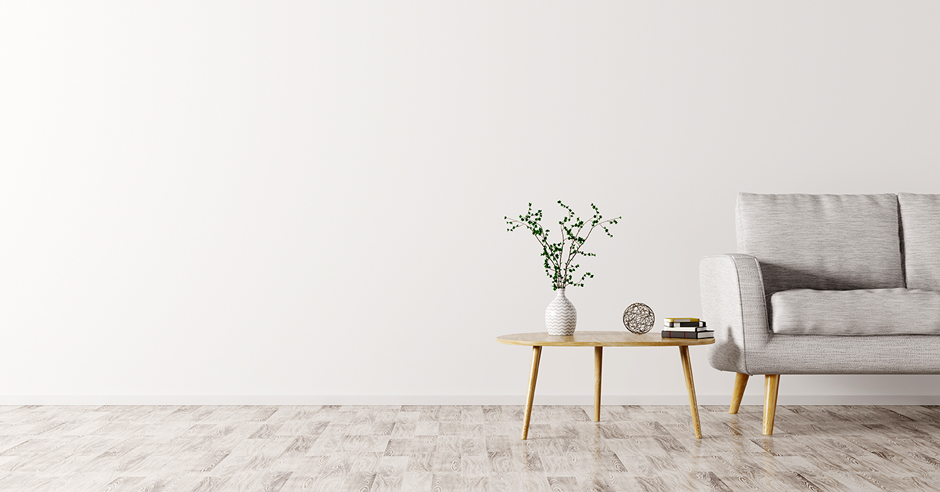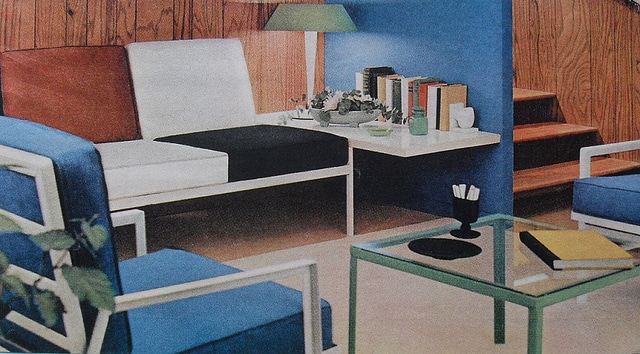Recognizing Minimalism: Methods for Minimizing Clutter and Enhancing Clearness in Everyday Living
Minimalism is significantly acknowledged as a feasible strategy to boosting clearness and emphasis in today's chaotic world. By methodically evaluating our properties and prioritizing intentionality, we can produce areas that not just show our worths yet also promote mental health.
Defining Minimalism and Its Benefits
Specifying minimalism involves comprehending it as a way of living choice that emphasizes simplicity and intentionality in both everyday regimens and physical belongings. At its core, minimalism motivates people to prioritize what absolutely matters, permitting an extra purposeful and focused existence. By removing the non-essential, minimalism welcomes people to involve deeply with their surroundings and experiences.
The benefits of embracing a minimalist method are diverse. To start with, it fosters mental clearness, as reducing clutter in one's atmosphere can cause lowered interruptions and tension. People typically report enhanced concentration and improved efficiency when bordered by less ownerships. Second of all, minimalism advertises economic flexibility; by focusing on demands over desires, people can make more educated purchasing choices, leading to potential savings and decreased financial obligation. In addition, a minimalist way of living can yield psychological benefits, as it motivates people to cultivate appreciation wherefore they have instead of yearning for more.
Eventually, minimalism is not just about worldly reduction yet involves an alternative change in perspective, promoting a life identified by equilibrium, satisfaction, and objective. Accepting this lifestyle can result in extensive adjustments in how individuals communicate and view with the globe around them.
Analyzing Your Current Clutter
Mess commonly materializes as a frustrating accumulation of things that no longer serve a purpose, producing a barrier to achieving a minimal way of living. Take note of details groups of things, such as clothes, books, or cookware, as this will certainly aid you comprehend the scope of the mess.

In addition, think about the regularity of use for each thing. Inevitably, comprehending your current mess is an important step towards accepting minimalism and enhancing clearness in your day-to-day living.

Practical Decluttering Strategies
Having examined your existing mess, the following step is to carry out useful decluttering strategies that promote a more organized living space. Minimalism. One reliable technique is the "Four-Box" method, where you designate 4 boxes identified: keep, give away, garbage, and relocate. This technique encourages fast decision-making and makes certain items are categorized suitably
One more technique is the "One in, One out" regulation, which specifies that for each new thing obtained, an existing item needs to be removed. This concept assists maintain balance and avoids buildup over time. In addition, think about the "30-Day Minimalism Game," where you remove one item on the initial day, 2 on the second, and so forth, cumulatively fostering a sense of accomplishment.
For those that struggle with psychological attachments to properties, the "Nostalgic Value" technique can be helpful. Limit on your own to a particular variety of treasured things, allowing you to appreciate their significance without frustrating your space. Last but not least, establish a normal decluttering routine, whether monthly or seasonally, to preserve a clutter-free setting. By employing these techniques, you can develop a more tranquil and reliable space, inevitably boosting clarity in your daily life.
Creating Willful Spaces
Creating willful areas involves a thoughtful method to exactly how we design and arrange our atmospheres, making certain each location offers a certain objective and mirrors our worths. This practice is essential in cultivating a sense of clearness and purpose in our lives. By critically assessing the function of each room, we can remove distractions and enhance our total health.
To produce intentional areas, start see this by identifying the key tasks that will certainly take place in each location. For instance, an office need to be created to foster efficiency, incorporating elements such as ample illumination, comfortable furnishings, and marginal distractions. In contrast, a leisure area need to advertise harmony, featuring comforting imp source colors and comfortable seats.
In addition, take into consideration the psychological impact of your environments (Minimalism). Incorporating personal things that resonate with your worths, such as artwork or plants, can boost the connection to your space. Routinely review these atmospheres to ensure they remain to serve their designated purpose as your demands evolve
Eventually, creating deliberate spaces is regarding making mindful choices that line up with your way of living, promoting consistency and effectiveness in your living and functioning environments.
Maintaining a Minimalist State Of Mind
Embracing a minimalist attitude calls for ongoing reflection and intentionality in our actions and thoughts. This method entails cultivating awareness of our values and priorities, enabling us to filter diversions and concentrate on what truly matters. To keep this frame of mind, routine self-assessment is vital. Reserve time to evaluate your commitments, possessions, and even digital material, ensuring they align with your core principles.
One more secret approach is to practice gratefulness. Recognizing what you already possess fosters contentment and reduces the desire for excess. This change in viewpoint motivates recognition for simplicity, enhancing total wellness. Integrating mindfulness techniques, such as reflection or journaling, can better strengthen a minimalist mindset by advertising clearness and decreasing mental mess.
Additionally, develop boundaries to safeguard your energy and time. Discover to say no to non-essential responsibilities and distractions that do not contribute to your personal development. Surround on your own with like-minded people that support your minimalist trip, as shared values can improve motivation and accountability.
Conclusion
To conclude, embracing minimalism supplies significant benefits, consisting of lowered clutter and improved quality in daily life (Minimalism). By systematically examining ownerships and implementing useful decluttering strategies, people can develop deliberate rooms that promote mindfulness and gratefulness. Keeping a minimalist state of mind needs continuous analysis and commitment to simpleness, inevitably leading to a much more concentrated and meeting way of living. The principles of minimalism function as beneficial devices for growing an atmosphere that sustains personal development and health.

Additionally, consider the "30-Day Minimalism Game," where you get rid of one product on the very first day, 2 on the 2nd, and so forth, cumulatively fostering a sense of accomplishment.
In conclusion, accepting minimalism supplies significant benefits, including reduced clutter and enhanced clearness in everyday life.